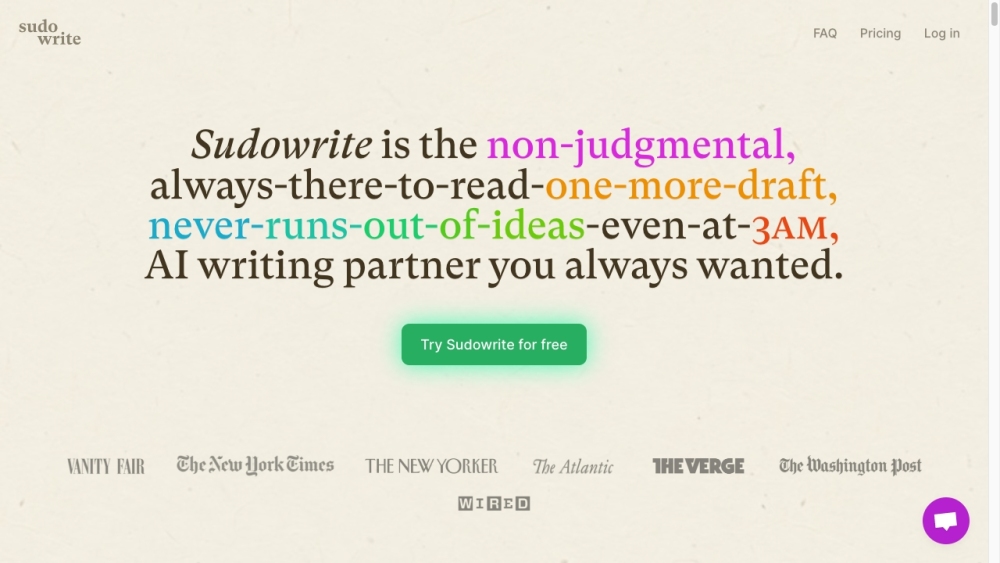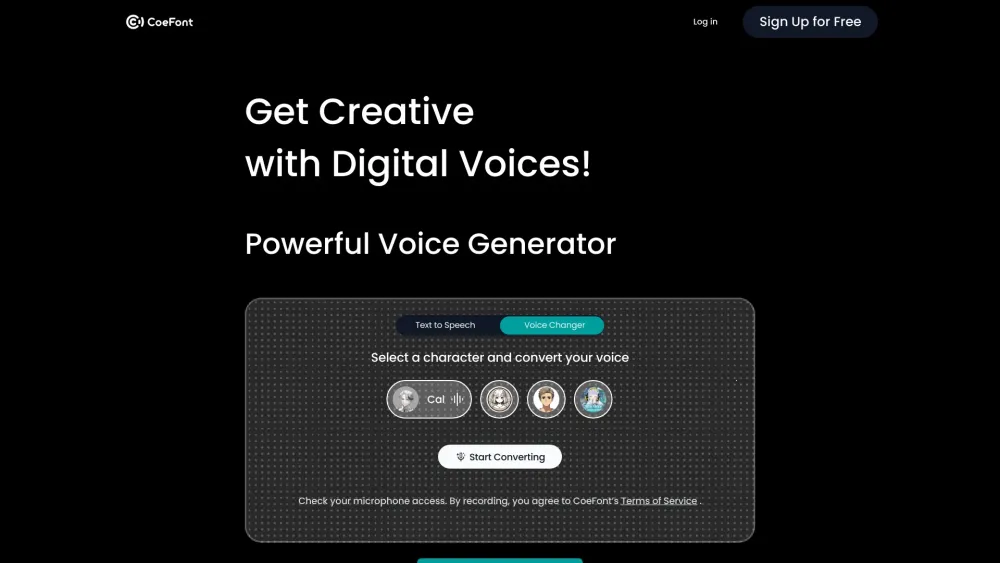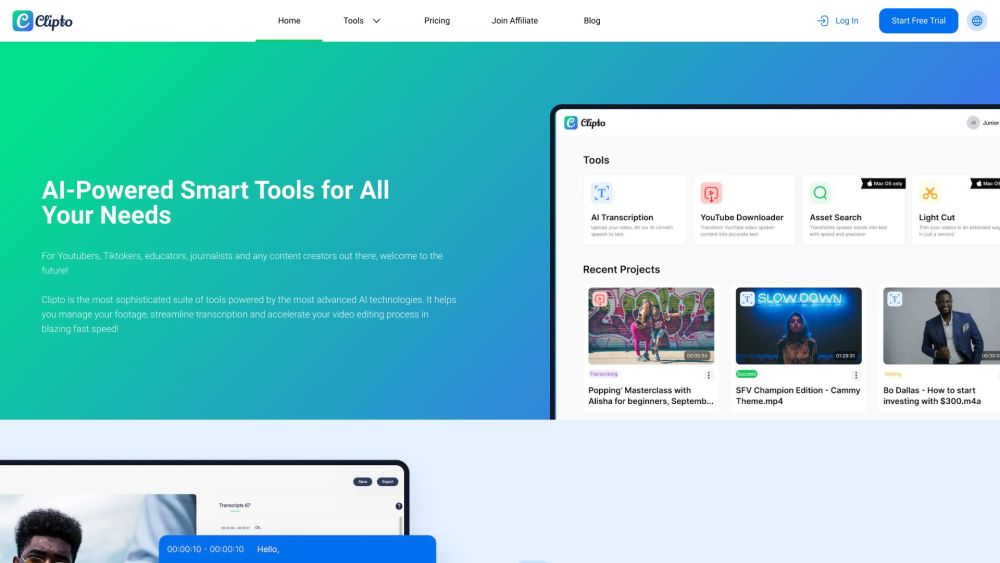OpenAI is enhancing the voice capabilities of ChatGPT, offering users the opportunity to interact with the chatbot using various AI-generated voices and vocal styles. The updated system features four preset voices—reduced from five due to a legal dispute involving Scarlett Johansson and one of the original voices, "Sky."
With this new enhancement, users can direct ChatGPT to respond in real time using any selected voice. A recent demonstration showcased the chatbot's ability to create distinct vocal styles tailored for characters in a given story. For instance, when prompted, ChatGPT generated a deep, gruff voice for a lion and a high-pitched, timid squeak for a mouse.
Furthermore, these vocal outputs are adaptable in real time; users can request adjustments such as making a voice sound deeper or higher-pitched. The response generation is swift, enabling users to interrupt the chatbot during its replies to request changes. In addition, ChatGPT conversations can continue seamlessly even when users exit the application.
OpenAI announced that these new voice functionalities would be rolled out in the coming weeks, although specific details were limited. During a recent Spring Update event, the company revealed that the enhanced voice and visual features would be available to all users, with premium subscribers given priority access.
These voice options also extend to the newly launched desktop version of ChatGPT, allowing users to interact with the bot even while engaged in other applications, such as spreadsheets. This latest advancement aligns with OpenAI's goal of making its flagship chatbot more interactive and user-friendly. Powered by the new GPT-4o model, these voice and visual features support multimodal interactions on both mobile and desktop platforms.
OpenAI has been developing this voice capability for quite some time. In early April, prior to the launch of GPT-4o, the company announced the creation of a new text-to-audio AI model known as Voice Engine, although it has yet to be publicly released.
Speculation is also buzzing around a potential partnership between OpenAI and Apple to integrate AI technology into future iPhones, with discussions about an upgraded version of Apple's voice assistant, Siri, gaining traction ahead of the upcoming Apple Developers Conference.
With these advancements, OpenAI continues to push the boundaries of AI communication, enhancing user experiences and expanding the potential applications of its technology across various platforms.




